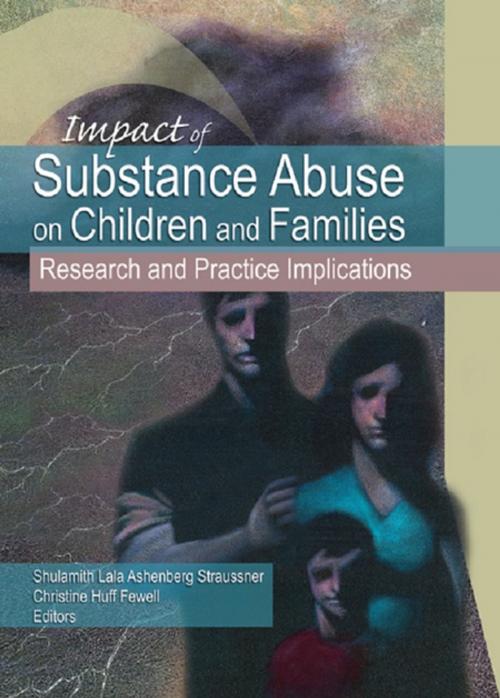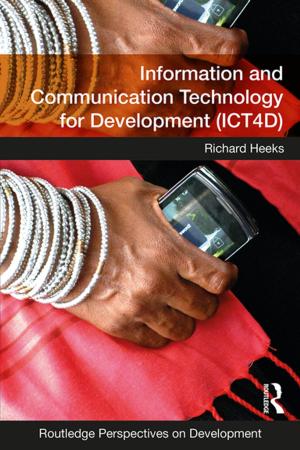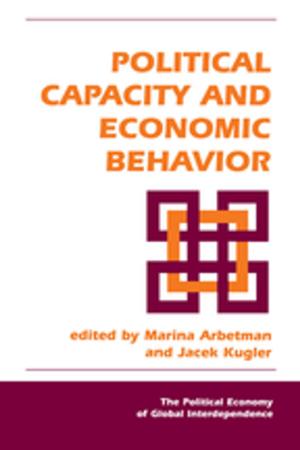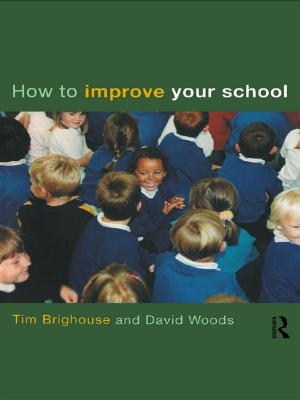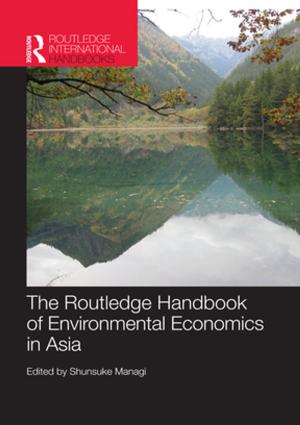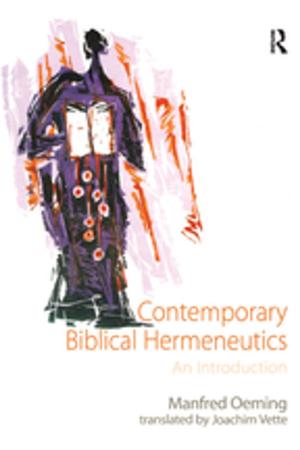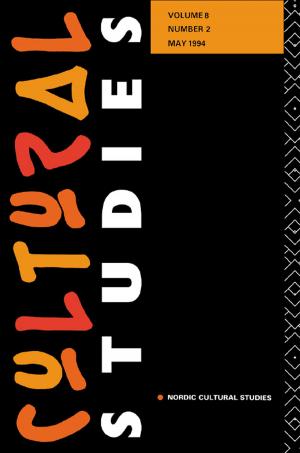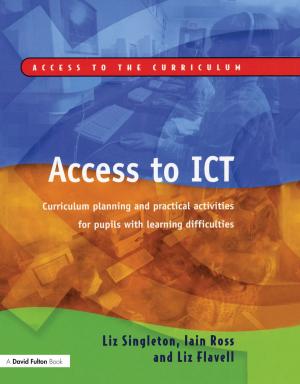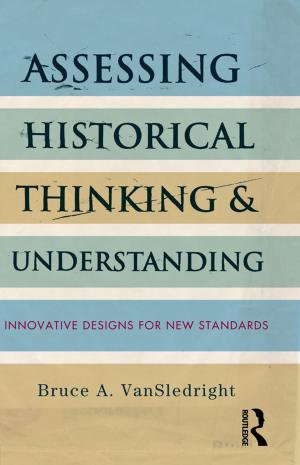Impact of Substance Abuse on Children and Families
Research and Practice Implications
Nonfiction, Health & Well Being, Medical, Patient Care, Health Care Delivery, Psychology, Addictions, Allied Health Services| Author: | Christine Fewell Huff | ISBN: | 9781136614446 |
| Publisher: | Taylor and Francis | Publication: | December 6, 2012 |
| Imprint: | Routledge | Language: | English |
| Author: | Christine Fewell Huff |
| ISBN: | 9781136614446 |
| Publisher: | Taylor and Francis |
| Publication: | December 6, 2012 |
| Imprint: | Routledge |
| Language: | English |
Help children overcome the increasing dangers they face because of their parents’ addictions
Impact of Substance Abuse on Children and Families addresses the growing concern over children at risk of developing physical and mental health problems because of their parents’ addictions to alcohol and other drugs (AOD), including a chapter on the troubling increase of methamphetamine abuse by parents. The book’s contributors examine current research findings from the United States, Australia, Ireland, and Israel to provide much-needed insight into the effects of addiction on family dynamics, parental attachment styles, and family characteristics. The book also looks at the impact of addiction on school-aged children and on mothers in residential treatment with their children, survey assessment instruments and treatment outcomes, and the value of Student Assistance Services for older children.
Almost 25 percent of children in the United States live in a household where a parent or other adult is a heavy or binge drinker. More than 10 percent live in family where illicit drugs are used. Children of alcoholics are nearly 10 times more likely to develop an alcohol use disorder as other children, and often develop behavior problems such as depression, anxiety, attention deficit hyperactivity disorder, conduct disorder, and oppositional defiant disorder. Children of illicit drug abusers are more likely than other children to demonstrate immature, impulsive, or irresponsible behavior, to have lower IQ scores, and poorer school attendance. Impact of Substance Abuse on Children and Families focuses on these critical and often ignored aspects of addiction, providing the latest evidence-based qualitative and quantitative research findings, as well as a summary of available literature.
Impact of Substance Abuse on Children and Families examines:
-
the impact on children at various developmental stages
-
the role of the family as a treatment resource
-
alcohol problems and marriage
-
parental attachment styles of drug-using fathers
-
family cohesion and adaptability
-
self-in-relations theory
-
family-centered service models
-
the Strengths and Difficulties Questionnaire (SDQ)
-
adolescent substance abuse treatment
-
online treatment options
Impact of Substance Abuse on Children and Families is an essential resource for both academics and practitioners working in social work, addictions counseling, sociology, psychology, public health, and family and children’s studies.
Help children overcome the increasing dangers they face because of their parents’ addictions
Impact of Substance Abuse on Children and Families addresses the growing concern over children at risk of developing physical and mental health problems because of their parents’ addictions to alcohol and other drugs (AOD), including a chapter on the troubling increase of methamphetamine abuse by parents. The book’s contributors examine current research findings from the United States, Australia, Ireland, and Israel to provide much-needed insight into the effects of addiction on family dynamics, parental attachment styles, and family characteristics. The book also looks at the impact of addiction on school-aged children and on mothers in residential treatment with their children, survey assessment instruments and treatment outcomes, and the value of Student Assistance Services for older children.
Almost 25 percent of children in the United States live in a household where a parent or other adult is a heavy or binge drinker. More than 10 percent live in family where illicit drugs are used. Children of alcoholics are nearly 10 times more likely to develop an alcohol use disorder as other children, and often develop behavior problems such as depression, anxiety, attention deficit hyperactivity disorder, conduct disorder, and oppositional defiant disorder. Children of illicit drug abusers are more likely than other children to demonstrate immature, impulsive, or irresponsible behavior, to have lower IQ scores, and poorer school attendance. Impact of Substance Abuse on Children and Families focuses on these critical and often ignored aspects of addiction, providing the latest evidence-based qualitative and quantitative research findings, as well as a summary of available literature.
Impact of Substance Abuse on Children and Families examines:
-
the impact on children at various developmental stages
-
the role of the family as a treatment resource
-
alcohol problems and marriage
-
parental attachment styles of drug-using fathers
-
family cohesion and adaptability
-
self-in-relations theory
-
family-centered service models
-
the Strengths and Difficulties Questionnaire (SDQ)
-
adolescent substance abuse treatment
-
online treatment options
Impact of Substance Abuse on Children and Families is an essential resource for both academics and practitioners working in social work, addictions counseling, sociology, psychology, public health, and family and children’s studies.
